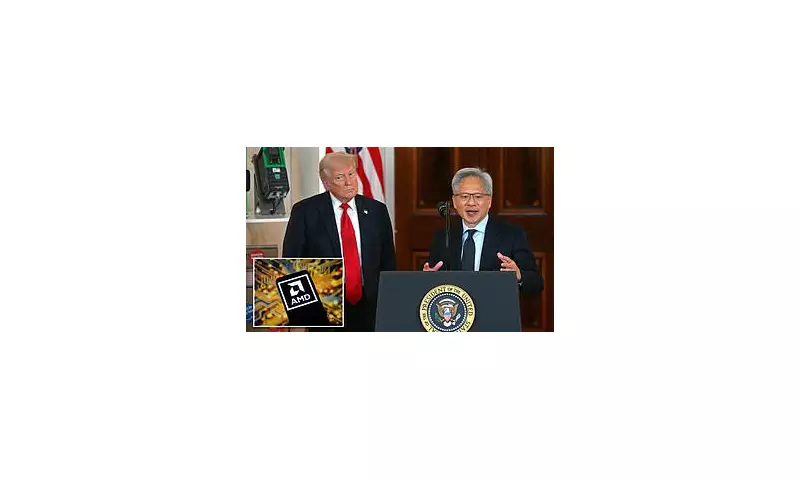
The United States has ramped up its technological standoff with China, introducing stringent new export controls on advanced AI chips. The move directly impacts semiconductor leaders Nvidia and AMD, effectively barring them from selling cutting-edge artificial intelligence processors to Chinese firms.
Escalating Tech Tensions
Washington's latest salvo in the ongoing tech cold war significantly tightens restrictions first implemented in October 2022. These updated regulations aim to prevent China from accessing American technology that could enhance its military capabilities and artificial intelligence development.
Industry Giants Hit Hard
Nvidia, the world's most valuable chipmaker, faces particular challenges. The company had previously created modified versions of its chips for the Chinese market to comply with earlier restrictions. However, the new rules specifically target these adapted products, including Nvidia's A800 and H800 chips.
AMD, another major player in the semiconductor industry, also finds itself constrained by the updated export controls. Both companies have seen their shares fluctuate as investors digest the potential impact on their Chinese revenues.
Global Supply Chain Implications
The restrictions extend beyond chip sales, affecting companies that manufacture semiconductor production equipment. This broad approach reflects Washington's determination to maintain its technological edge over Beijing in critical sectors.
Industry analysts suggest these measures could accelerate China's push for semiconductor self-sufficiency, potentially reshaping global supply chains in the long term.
Political and Economic Fallout
The Biden administration's move comes amid heightened tensions between the world's two largest economies. While aimed at protecting national security, the restrictions may further strain diplomatic relations and impact global tech markets.
Experts warn that China may retaliate with measures of its own, potentially targeting other sectors of the US economy. The semiconductor industry now finds itself at the center of an increasingly complex geopolitical battleground.





